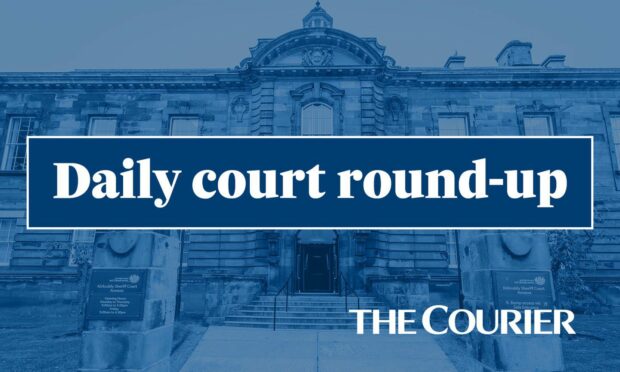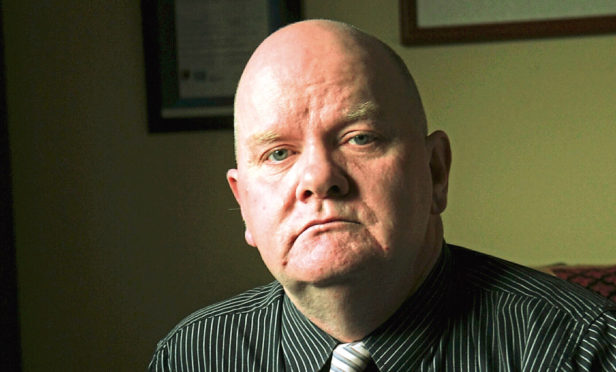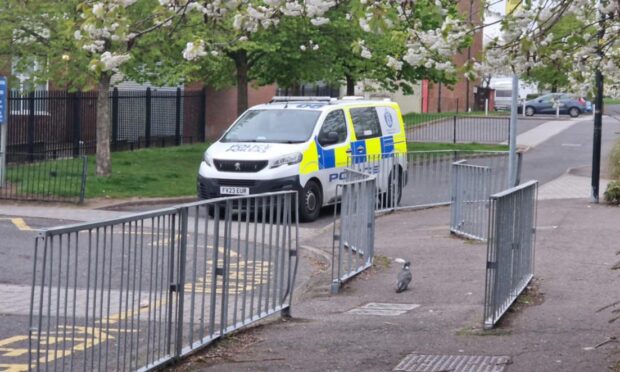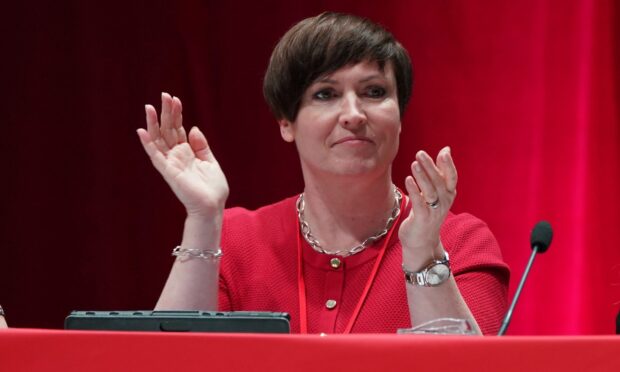Sign language interpreters have claimed a “shambolic” booking system for helping deaf people communicate is “unworkable and unsustainable”.
The Courier publicised the concerns of a whistleblower earlier this month alleging the failure of NHS Tayside to properly care for Dundee’s deaf and hard of hearing community.
The whistleblower, who works closely with people reliant on the work of interpreters, claimed deaf people regularly attend medical appointments to find no interpreter present.
It is understood interpreters have become increasingly frustrated by what they see as NHS Tayside failings, compounded further by refusal to engage “despite their reliance on their services to fulfil obligations under the Equalities Act 2010”.
The interpreters, who have asked not to be named in order to protect their positions, said: “The system is shambolic and unworkable and unsustainable.
“We’ve told NHS Tayside about our concerns and nothing has been done.
“People are attending crucial medical appointments and they’re unable to communicate because there is no interpreter present.
“We read the diversity and inclusion manager’s statements with interest and are pleased they’re engaging with the EHRC and local Deaf Community.
“However, despite repeated requests, they have yet to consult or engage with us to ensure that effective systems are put in place to ensure that an improved service can be delivered to, and received by, all interested parties.”
A spokesperson for the National Union of British Sign Language Interpreters (NUBSLI) said: “The failure of Tayside NHS Trust to provide British Sign Language interpreters for Deaf patients is a situation mirrored across the UK.
“This is largely a result of the current commissioning procedures which allow only for interpreters booked via agencies or “middle-men”.
“The NHS must meet its responsibilities under the Equalities Act and work with local interpreters to ensure deaf patients are always provided a qualified interpreter who is registered with an appropriate regulatory body.
“NUBSLI is working with Unite legal to challenge the current commissioning process in order to raise awareness of the risk this places over the sustainability of the BSL/English interpreting profession and the provision for deaf and deafblind people.”
Unite regional co-ordinating officer Dougie Maguire said: “We have been made aware that there are issues in the translation and interpreting service, and will be working with our members to see how we can assist.”
NHS Tayside say communication is maintained with interpreters through the board’s health and deaf action group and that concerns will be addressed.
NHS Tayside Diversity and Inclusion Manager Santosh Chima added: “NHS Tayside is committed to the obligations and responsibilities under The Equality Act 2010.
“Over the next few months, we will be taking forward a project to review the interpretation and translation services contract currently outsourced to DTIS (Dundee Translating and Interpreting Service).
“This will allow us to consider other options in how we deliver and manage interpretation and translation services in the future.
“As part of this project, we will be involving, engaging and consulting with a wide range of stakeholders across Tayside, including interpreters.”
The system
The complaints from interpreters centre on a text message system operated by current contract holder Dundee Translating and Interpreting Service (DTIS).
Interpreters say the relay system is restrictive as it only gives a basic “yes or no” option to attend appointments.
They argue a more wide-ranging system offering the ability to negotiate appointment times would result in more appointments being attended by local interpreters.
It’s claimed interpreters are not always sent messages for relevant appointments, leading to deaf people turning up for medical meetings to find no help present.
The current contract operated by DTIS will open to new bidders “over the next few months”
NHS Tayside say interpreters as well as a “wide range of stakeholders” will be consulted before a new contract holder is selected.
The current contract was extended after a new tender was postponed.
Campaigners claim the tender was cancelled due to financial costs involved in finding a new service provider.










